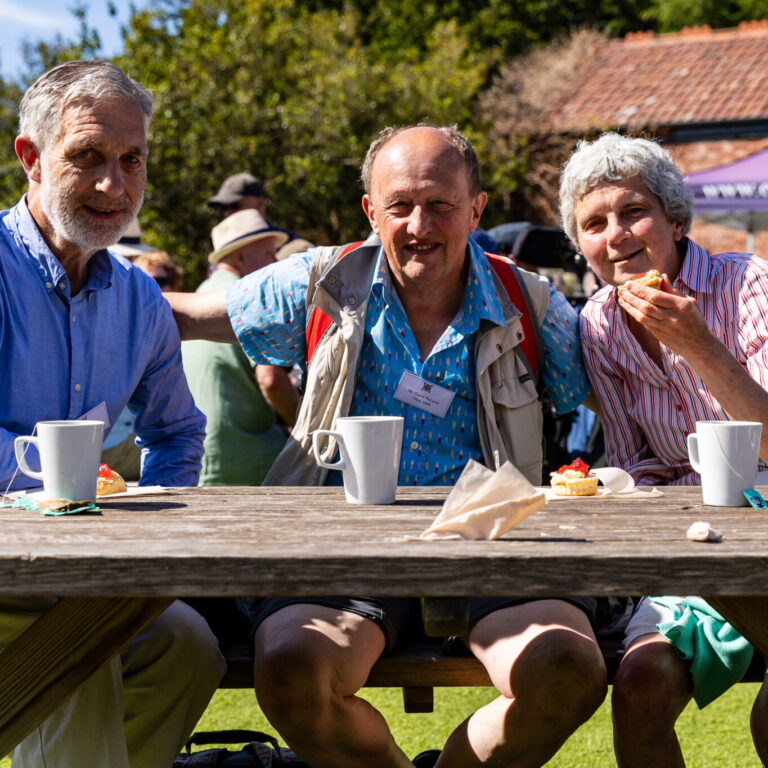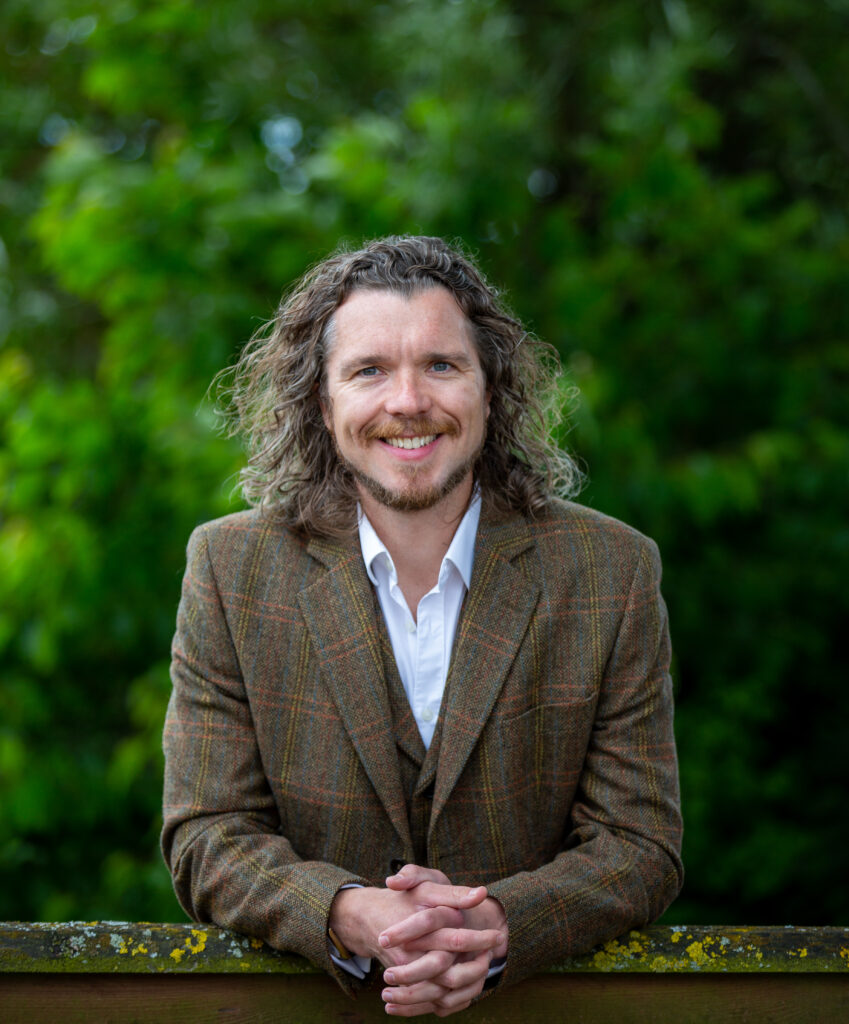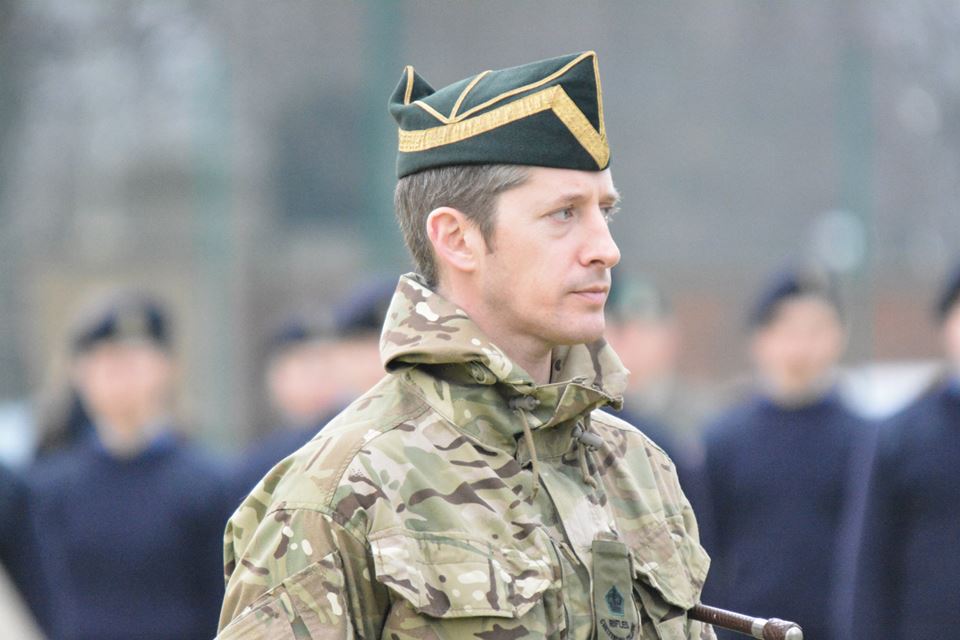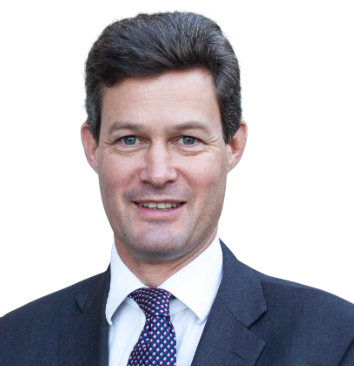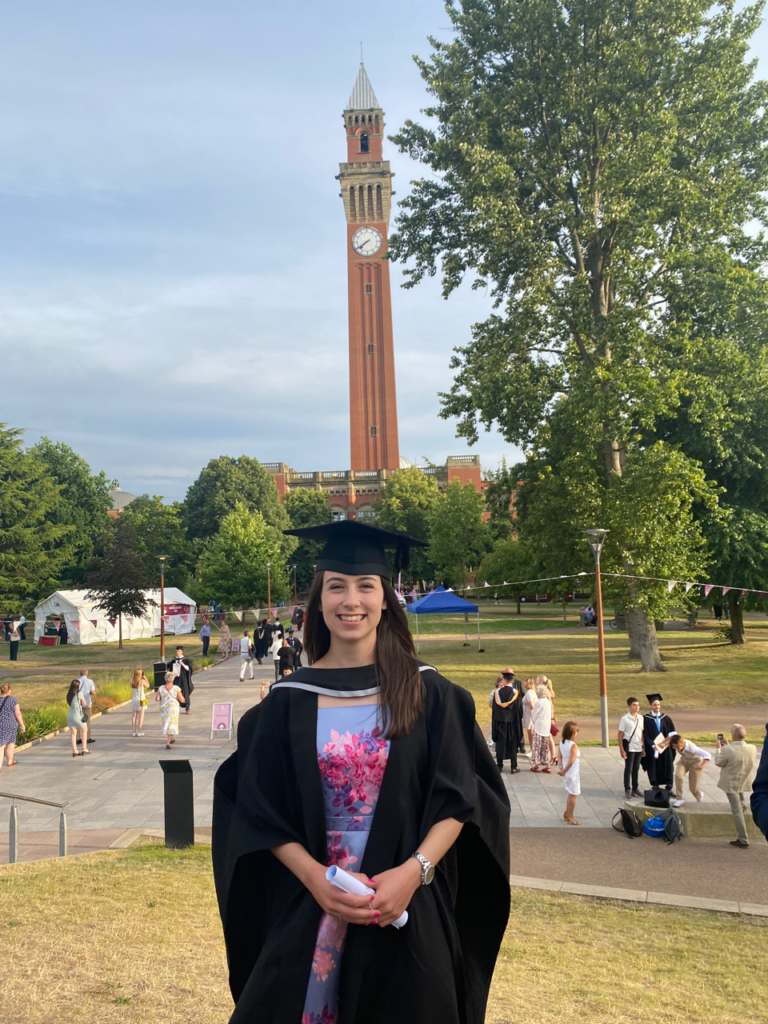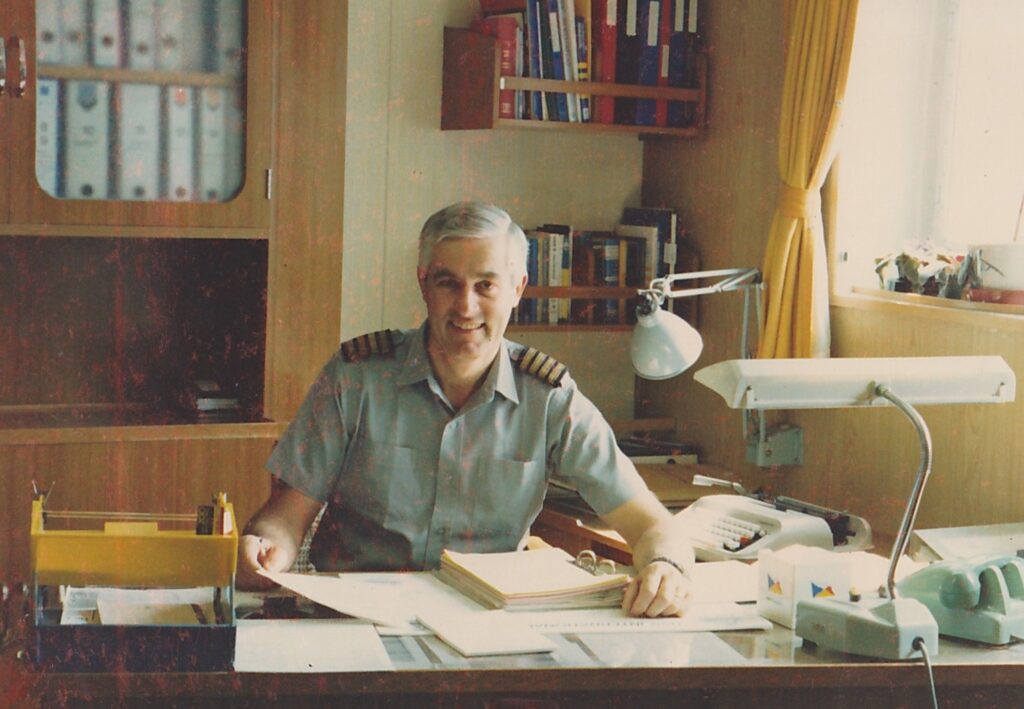Captain Joe Welch (1954-1957) admits he wasn’t academically minded but that didn’t stop him having a flourishing career in the navy. Here’s what Joe had to say.
What do you remember about settling in here at Exeter School?
I was a boarder at School house from leaving prep school at 13 until O Levels at 16.
Once settled in, I loved all the great school facilities for sport, the CCF, the old swimming pool, the arts and crafts, music, and above all the camaraderie of the boarding house. However, at that age I was basically lazy and was just not much interested in academic work!
Come O Level time I was put in for 8 and only passed 3. Everyone was horrified! Ambitions for university scuppered I stayed on another term – did some work and gained 3 more. Like the black sheep I had become, I felt my only option was to ‘Run away to Sea’ and the 6 O levels were considered sufficient to enter ‘Warsash’ which was an Officer’s training college for the Merchant Navy.
What happened next?
Following this training I joined the once great P&O shipping company as a Cadet and served there for 10 years up to the rank of Senior Second Officer. I had found a career that I really enjoyed and travelled the world and was paid as well! I served on old conventional cargo ships, an oil tanker and the great liners of that era including ‘Stratheden’ ‘Iberia’ ‘Oriana’ and finally ‘Canberra’.
During this time I studied hard because I enjoyed my work and gained my 2nd Mates, First Mates, and Master’s Certificates.
P&O together with the Blue Funnel Shipping Companies were instrumental in setting up a first for Britain: A viable Containerisation System.
P&O employees had the option to volunteer for this. I felt Containers was a great idea. By now I was married with a young family and the idea of regular voyages and good leaves really appealed. I was appointed Second Officer with a Master’s Certificate for the maiden voyage of the 2nd ever containership. After teething troubles Containers caught on and promotion was rapid. I was Captain of a large containership at the age of 36!
If I had stayed with P&O I would not have been a Captain until 56!
I over my 20 years as a ship’s master I commanded a variety of containerships trading worldwide, the largest of which was around 4200 containers and 65,000 tonnes. ( twice the size of Titanic). My claims to fame were that I was Captain of the very first Containership to round Cape Horn, and Captain of the first Containership to serve the Arabian Gulf ports.
All in all I had a wonderful career of 40 years at sea and if I had my life all over again I wouldn’t change it. So very fortunate!
How do you feel Exeter School contributed to this wonderful career path?
Although academically I did not achieve well at Exeter, I did find a most suitable career. In all honesty I have to say that the character building, the sense of values and the camaraderie that was evident in the School House at that time, helped me enormously with the heavy responsibilities of a Shipmaster. So well done Exeter School.

